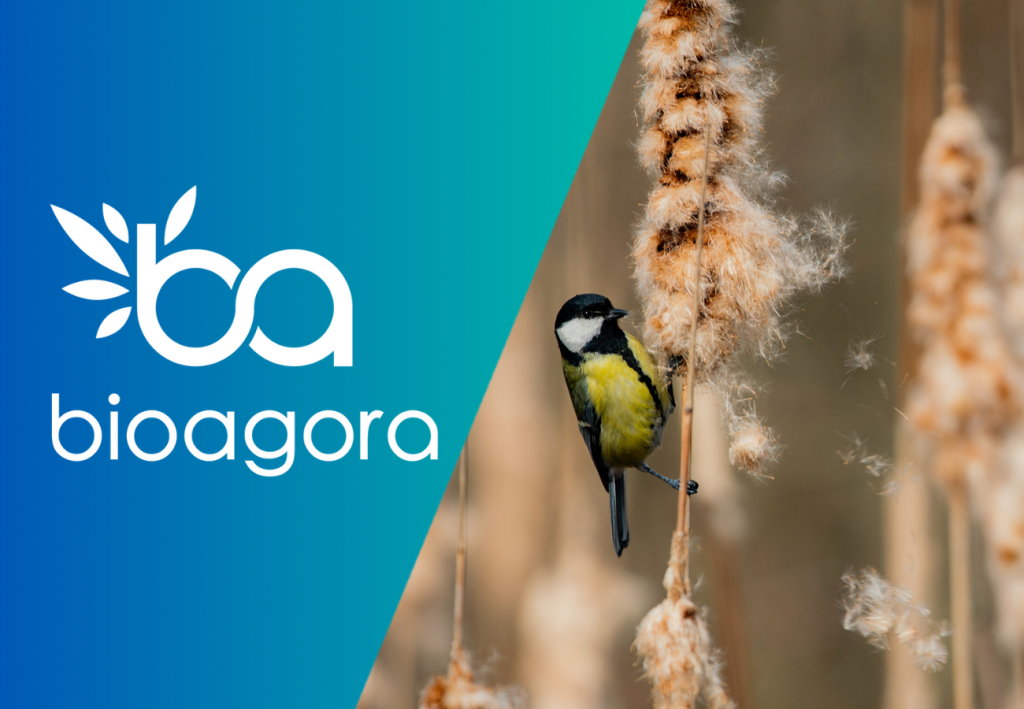BioAgora has been officially nominated as an observer to the EU Biodiversity Platform (EUBP). The consortium has selected 17 experts and researchers to step in as BioAgora observers in the EUBP and its sub-groups. They will join the EUBP meetings regularly and participate in the discussions.
BioAgora is creating an External Research and Stakeholders Network (ERSN). Through the ERSN, researchers and knowledge producers have the opportunity to raise urgent messages and emergent issues to the attention of the EUBP and its sub-groups. Follow BioAgora’s channels or contact us directly to get updates on the next steps for the ERSN.
“Our observers are messengers of knowledge and we aim to organise regular meetings with researchers to bring their voices to policy-making“,
Kati Vierikko, BioAgora coordinator
What is the EU Biodiversity Platform?
The EU Biodiversity Platform (EUBP) was set up in 2022 to ensure that the EU Member States deliver on their commitments towards the EU Biodiversity Strategy for 2030. The EUBP replaced the Coordination Group for Biodiversity and Nature established in 2011 and has a broader scope of work, stronger representation of stakeholders, and a more systematic approach to engaging with relevant expert groups and similar bodies in other relevant policy areas.
Members of the EUBP are authorities, organisations and other public entities from the EU Member States. In addition, organisations and public entities beyond authorities may be granted observer status, in compliance with the horizontal rules, by direct invitation. Observers don’t have the right to vote and shall not participate in the formulation of recommendations or advice by the EUBP and its sub-groups.
The main task of the EUBP is to advise the Commission on the implementation of the EU Biodiversity Strategy for 2030. The group can also, if requested by the European Commission, discuss and provide evidence-based advice to initiatives and developments in other policy areas relevant to biodiversity. The key topics that are discussed, approved or open for inputs by the EUBP include (1) monitoring and indicator selections for the Biodiversity Strategy, (2) biodiversity financing, (3) multi-level governance for biodiversity, (4) mainstreaming and cooperation with other sectors outside the biodiversity field, and finally (5) knowledge for evidence-based policy-making.
There are eight active sub-groups supporting the work of the EUBP: Nature Directives, Reporting on Nature Directives, Monitoring & Assessment, Marine issues, Forest and Nature, Green Infrastructure & Restoration and Pollinators (see figure). The Member States have nominated members for each sub-group. A new socio-ecological sub-group was established but is not active yet.
The role of BioAgora in the EUBP
According to the rules of procedure of the EUBP, the group should receive systematic and focused input from science and research to inform its deliberations and recommendations. Systematic inputs are ensured by the Knowledge Centre for Biodiversity (KCBD) hosted by the Joint Research Centre (JRC), and the future Science Service for Biodiversity developed by BioAgora.
The BioAgora project plays a central role in an inclusive and evidence-based approach to policy-making by:
- Identifying knowledge needs related to key topics on the EUBP’s agenda;
- Pulling together the required expertise and organising and facilitating discussions with the research community;
- Channelling knowledge and evidence, in a suitable form, into the group’s work;
- Raising the EUBP’s awareness about new and emerging biodiversity issues and potential positive/negative impacts of human activities on ecosystems and their services, identified through broad and regular horizon scanning, monitoring and assessing of science and research.

Sub-groups of the EU Biodiversity Platform (EUBP)
